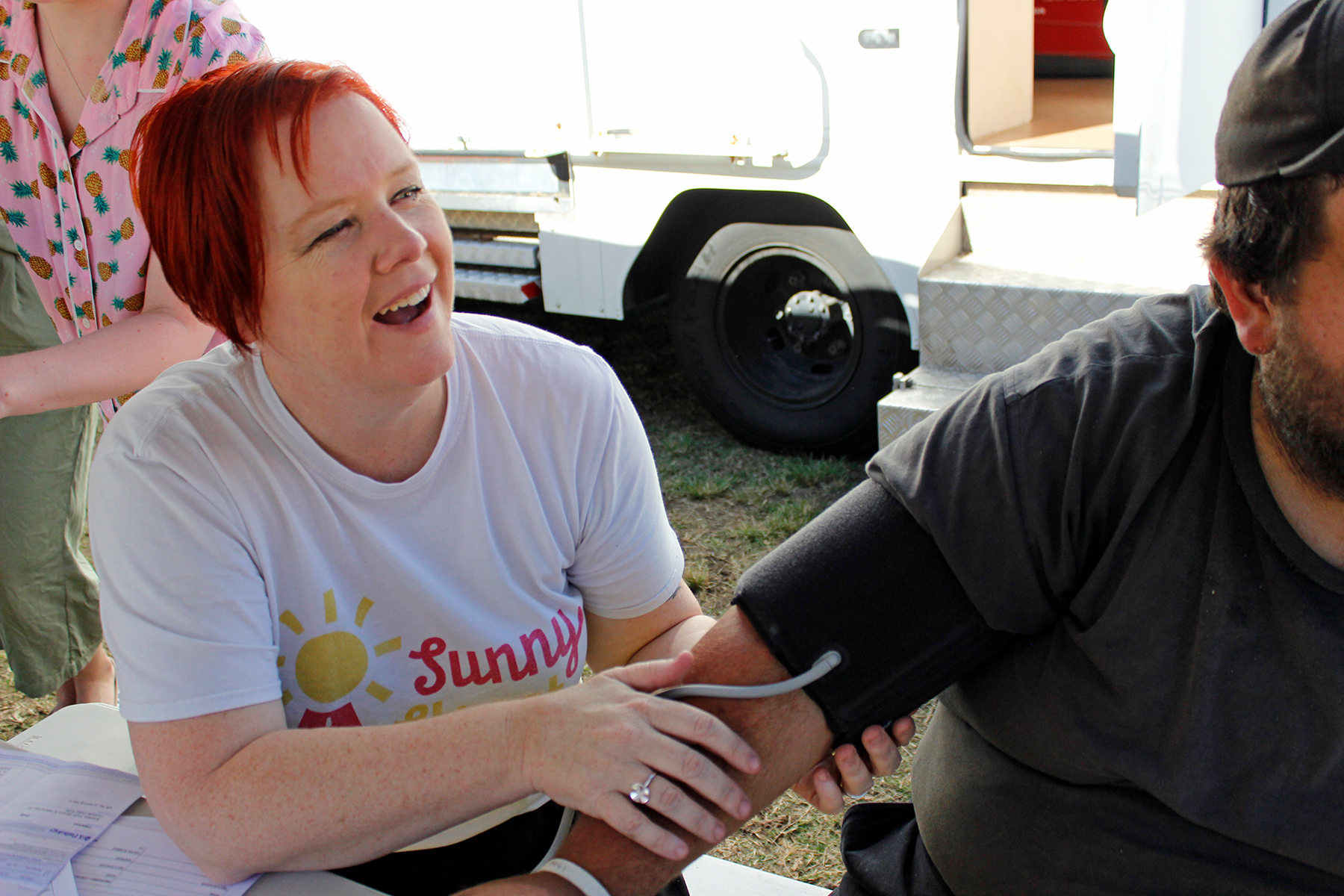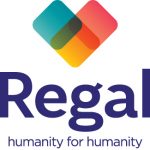Each night, thousands of people who do not have access to safe or secure housing sleep rough on Australia’s streets. These Australians — who are among our nation’s most vulnerable — have complex health needs which require expert care outside the structures of the hospital system.
In many circumstances, it is nurses who stand tall and provide solutions to ensure all Australians have access to high-quality health care services. This was certainly the case for Sonia Goodwin MACN who, along with Dr Nova Evans, founded Sunny Street, an organization which provides primary health care street clinics for those experiencing vulnerability and homelessness. As part of our Nurses Where You Need Them NurseClick Series, we spoke to Sonia about the role nursing care plays in helping this cohort access much-needed health services where they need them most: in the safety and security of their local community.
“Nurses are the glue and the backbone for the health care system we are creating for vulnerable Australians,” Sonia says.
“All Sunny Street clinics are nurse-led, and they make up to 90% of our consultations. Each clinic has a range of nursing expertise including nurse practitioners, registered, enrolled and graduate nurses. Our intention is to move this model nationally which will be great for nurses.”
“One of the main things the nurses are doing is heading out into the community and having important discussions about health education and chronic disease management. They also provide general health education, health assessments, wound care, mental health, immunisations and frontline COVID-19 clinics on the Sunshine Coast.”
This nursing care is pivotal to helping a particularly vulnerable group of Australians doing it tough on the streets.
“Our nurses are dealing with people who have very little to no support which puts them at great risk,” Sonia says.
“They see people who are experiencing homelessness, have just got out of jail or juvenile detention centres, and women and children from domestic violence refuges. Some may have a roof over their head, but they are living in poverty. Our largest cohort is 35-55 years and our second highest cohort is female youth between 18-25.”
These individuals have specific needs which are best treated and managed in the familiar surrounds of their local communities. In turn, this requires nurses to have a range of clinical and communication skills to ensure they connect with and gain trust from patients.
“It is so important to be out meeting people in their own spaces; it is where you learn the truth of the person and how to deal with their individual needs,” Sonia says.
“We put the nurses right where the patients need them. You have to think differently in community and primary health care settings, and it requires skills in communication, negotiation, listening and problem-solving. You don’t have the solutions at hand all the time and that makes for really resilient and empathetic nurses.”
“Our model is also very much based-on kindness and relationships. In Sunny Street, nurses save lives by the use of their words and touch. They create connections with people who are feeling disengaged, disenfranchised and spend a lot of time talking to people and building a lot of rapport and trust.”
To conclude, Sonia shares a story which exemplifies the above-and-beyond effort the nurses go to provide holistic health care and support to those experiencing homelessness.
“It is amazing how many people have barriers to health and don’t have money or support. If the nurses find somebody on the streets and they can’t afford an antibiotic they need, they will get in contact with our HQ and we will pay for their medication or wound care.”
The incredible work of the nurses at Sunny Street is a great example of the diverse range of ways nurses ensure all members of a community have access to expert health care services. Remember that you can always find #NursesWhereYouNeedThem.
You can learn more about the work of Sunny Street by visiting sunnystreet.org.
Nursing in the Community Week which runs from 14 – 20 September – raises awareness on how nurses can support you to stay safe at home, and their impact on the well-being of individuals and those in local communities.
Head to our website to register for a Nursing in the Community Week awareness pack and go in the draw to win a $500 Woolworths Gift Card.
We thank our official sponsor Regal Home Health for their support of Nursing in the Community Week.






